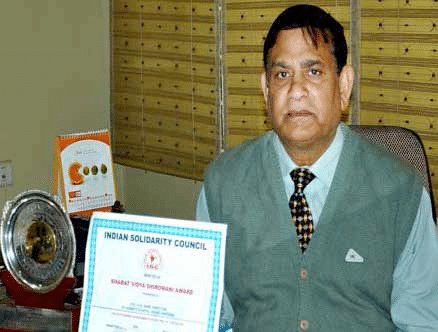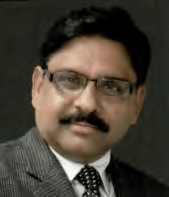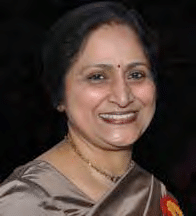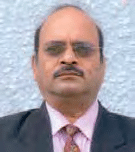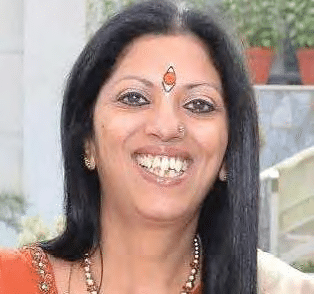
Director
Excelsior American School,
Gurgaon
We don’t know the kind of jobs which will be available 20 years hence and yet we are trying to prepare students for the same. Hence all we can do as educators is, give them the roots and wings to fly
Pedagogy – Teaching is becoming a difficult because of increasingly numerous contradictory expectations. Our goal is to create entrepreneurs, innovators, artists, scientists, thinkers and writers who can establish the foundation of knowledge based economy.
Teachers’ Training – We are trying our level best to train educators as they must prepare for a technology rich future and keep up with change by adopting effective strategies that infuse lessons with appropriate technologies.
Technology – Our classrooms equipped with smart boards enabling teachers to teach in a more interactive manner. We allow iPads from class 8, making it easier for students to take down information. We have also asked educators to create whatsapp groups of their students so that informationcan be passed on easily.








